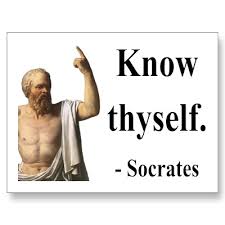- Joined
- Aug 23, 2010
- Messages
- 8,951
- Reaction score
- 2,232
- Location
- UK
- Gender
- Male
- Political Leaning
- Socialist
how do you separate whats right from what you consider to be good?
You can't demarcate in that way for something that is situational.
That is why rigid morality codes fail, because they pretend to be universal in a World that throws up endlessly complex interactions. Did anyone say black and white versus shades of grey?
Did you notice your statement switched from absolute to subjective in the space of 13 words; from 'what is right' to 'consider to be good'.

